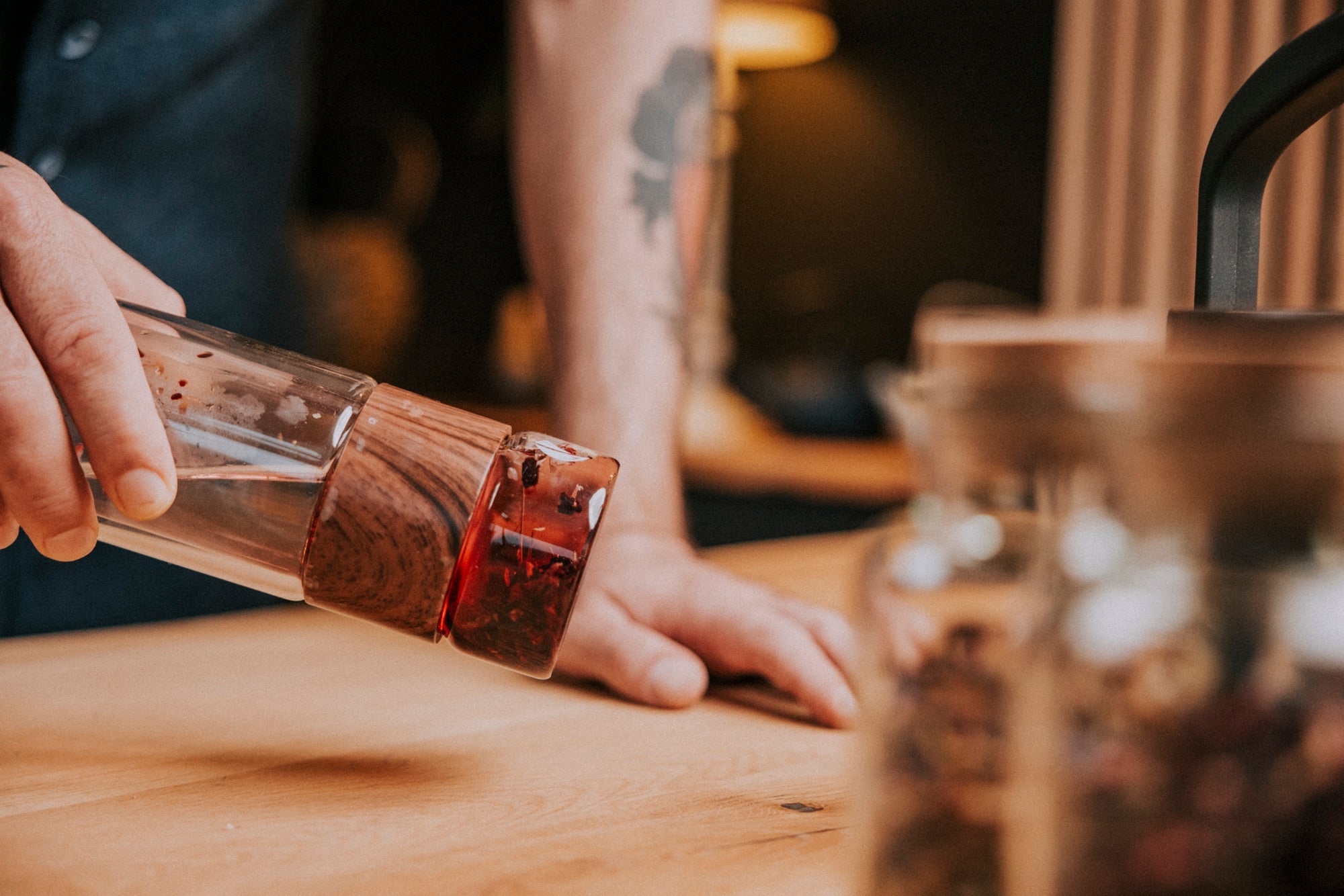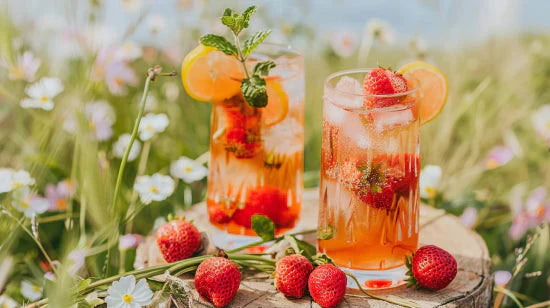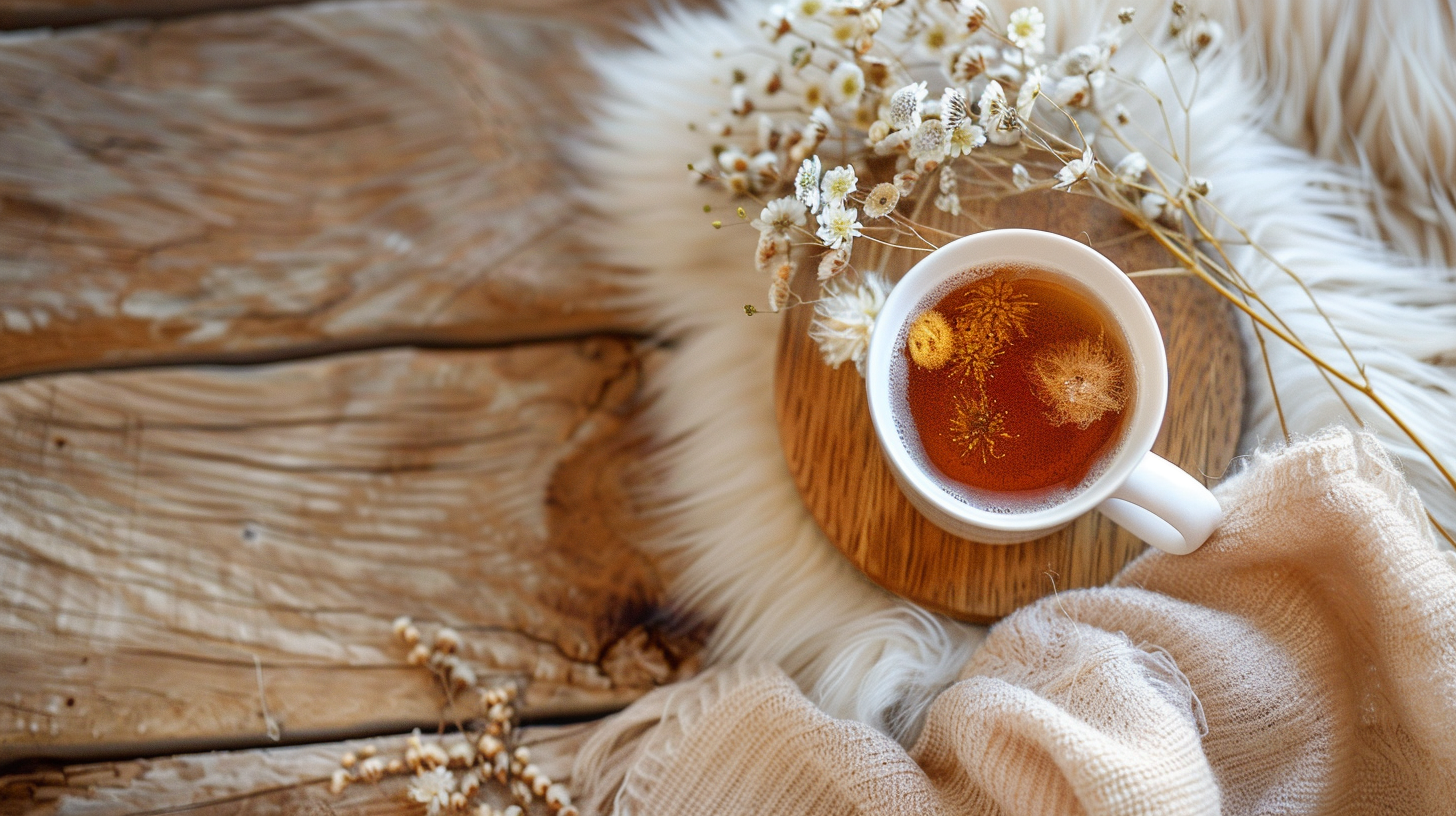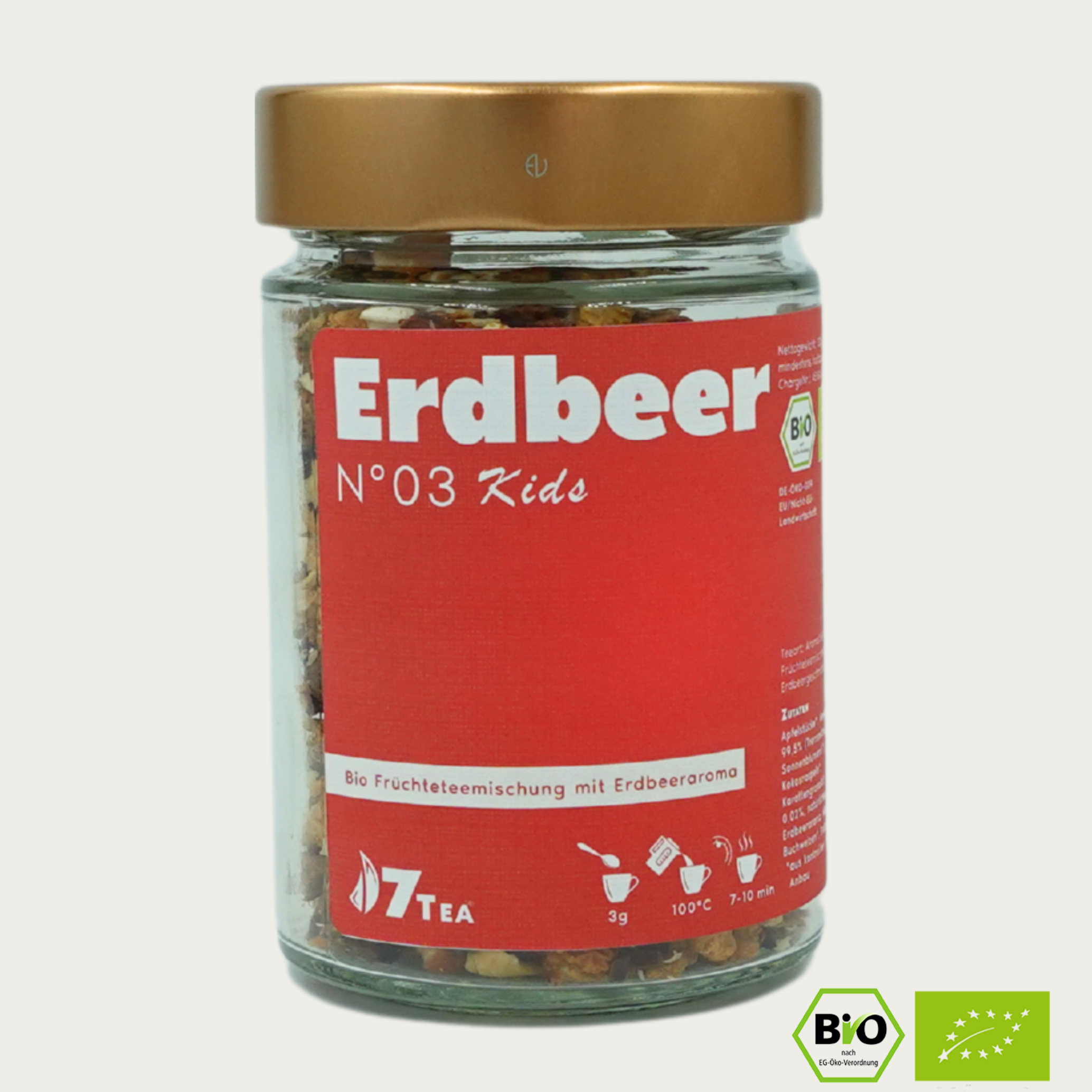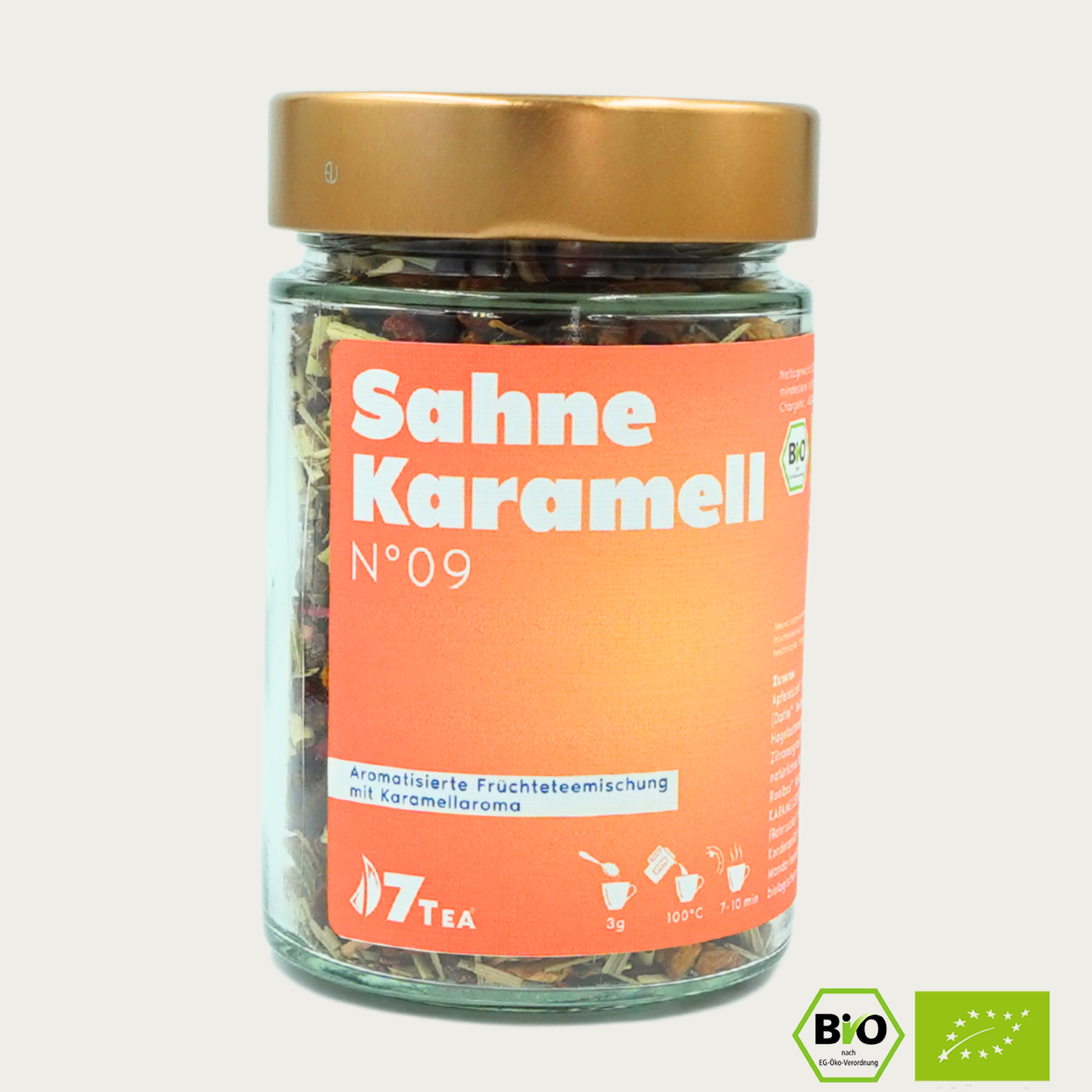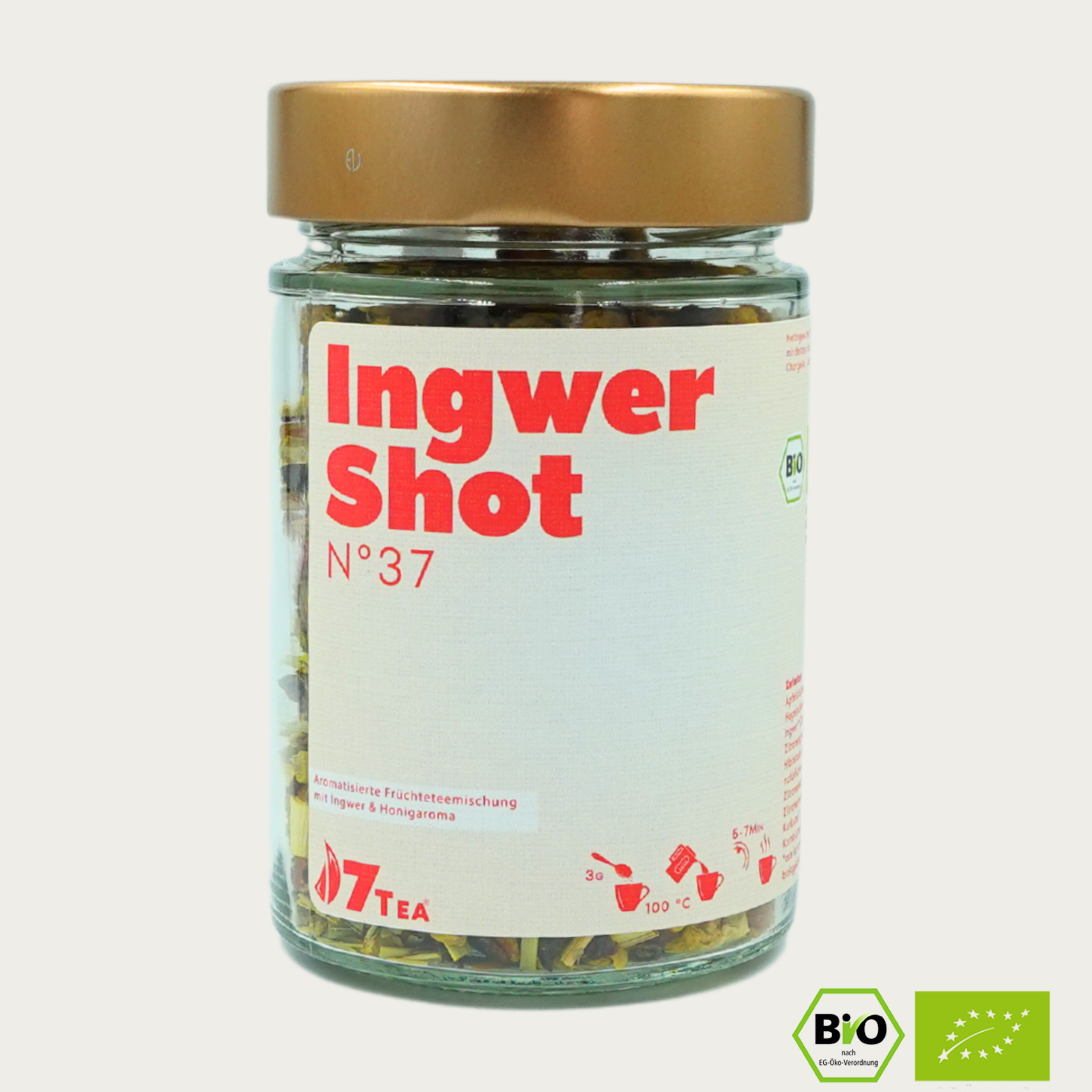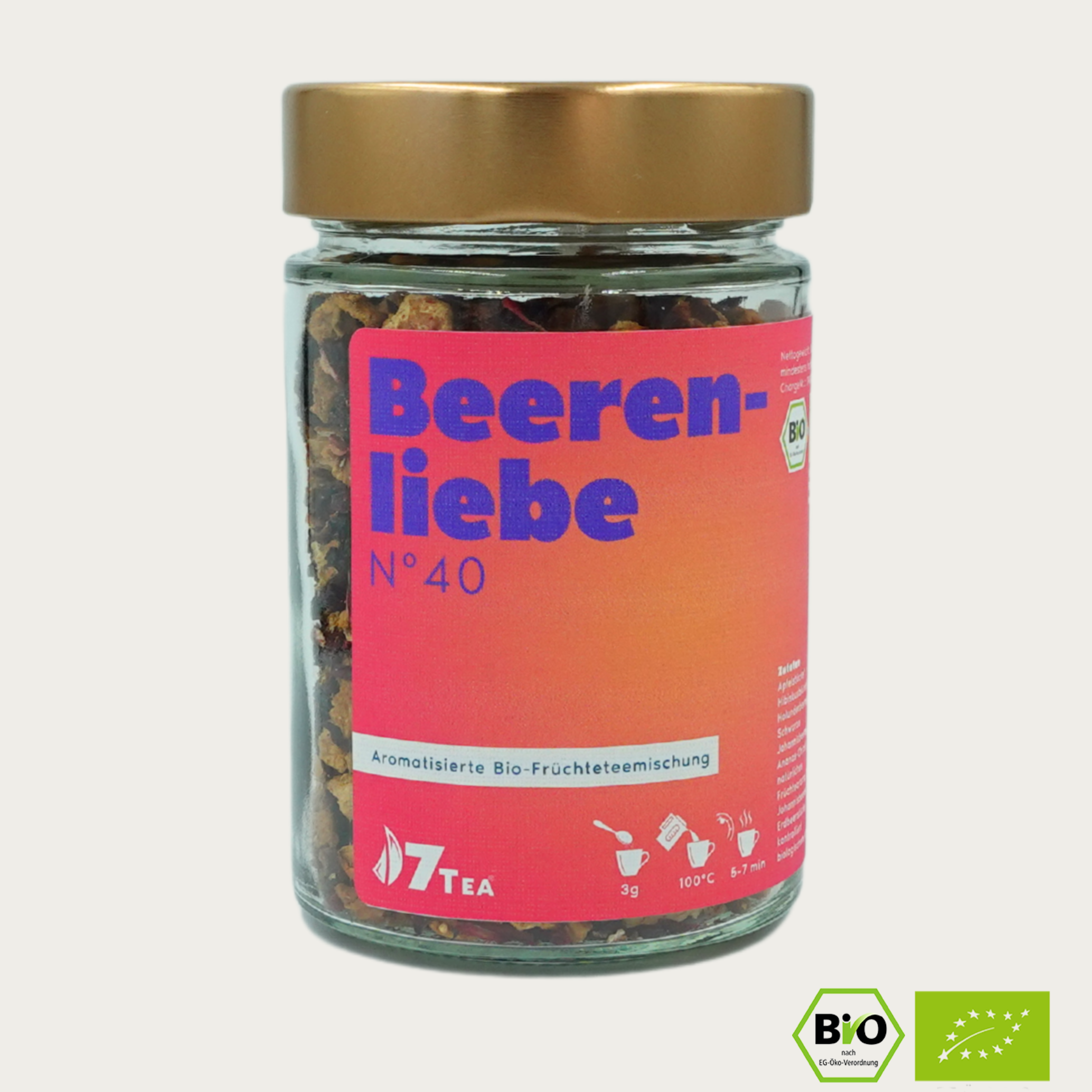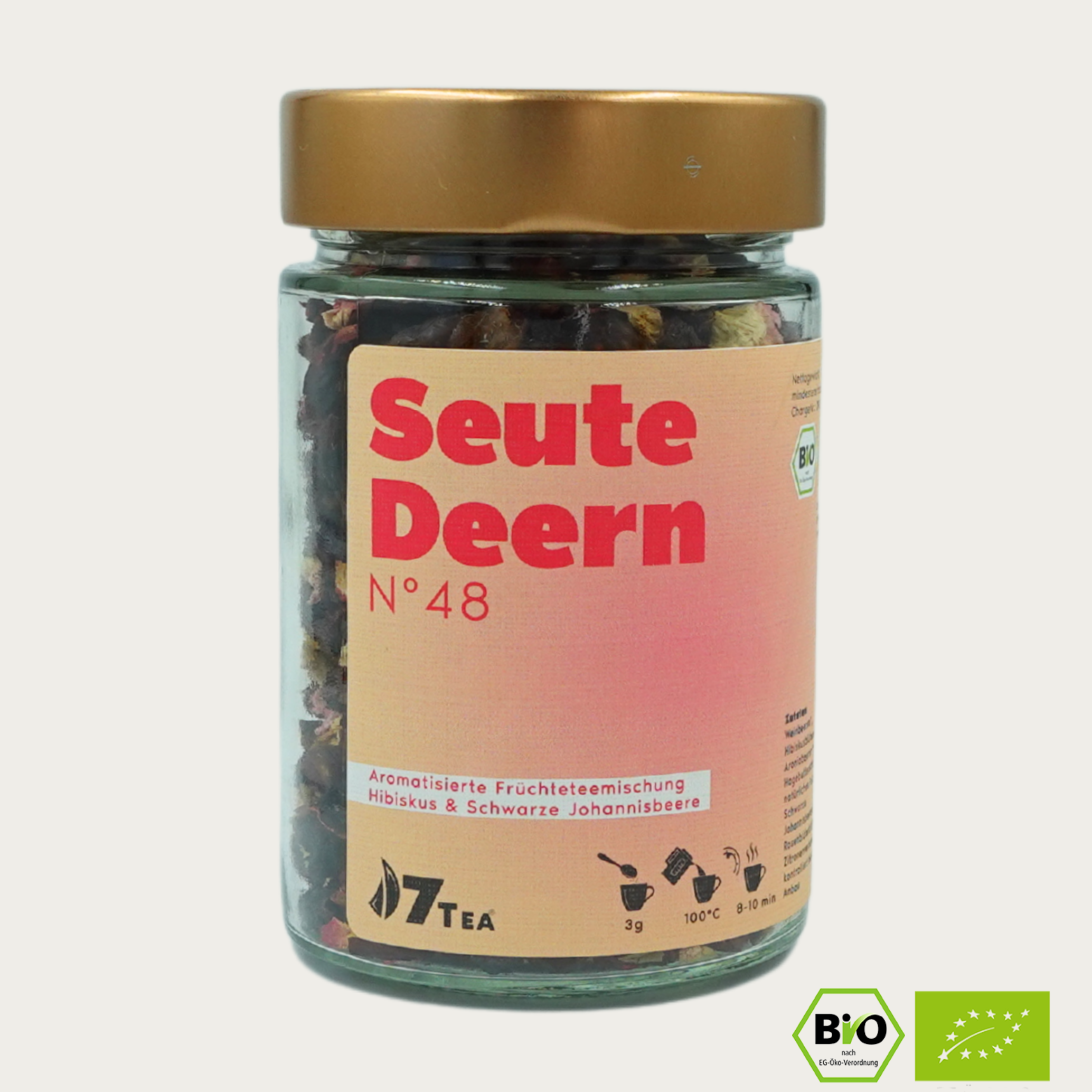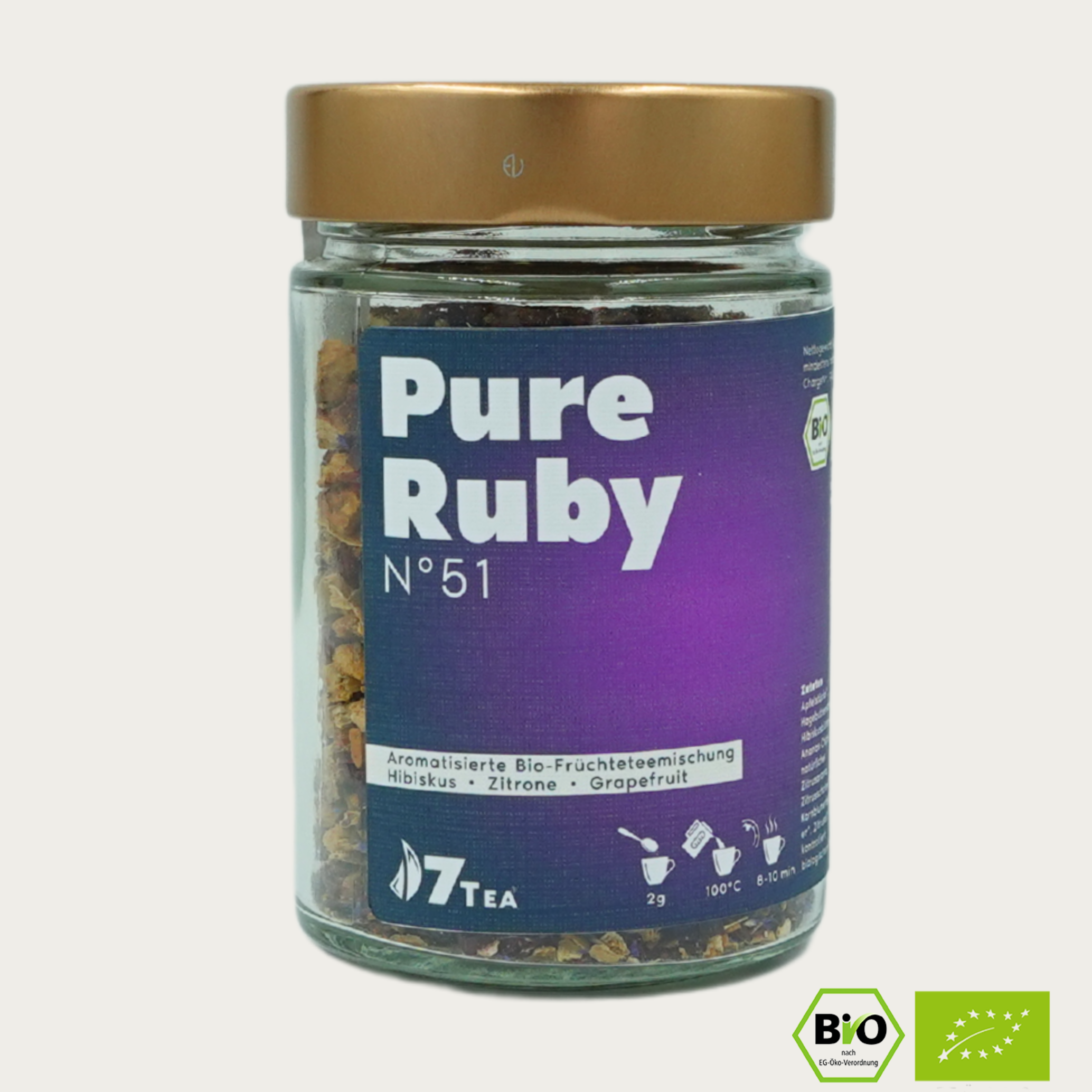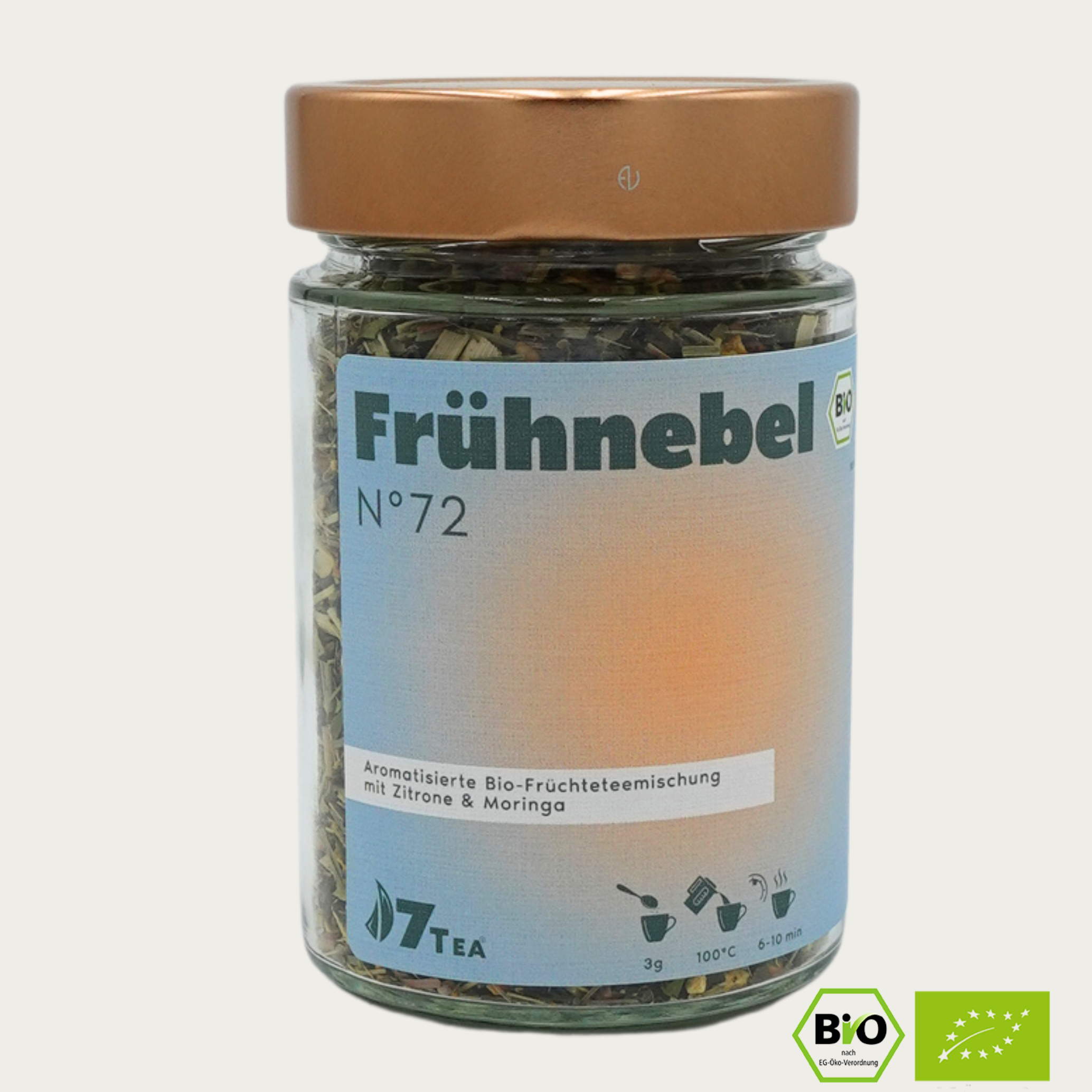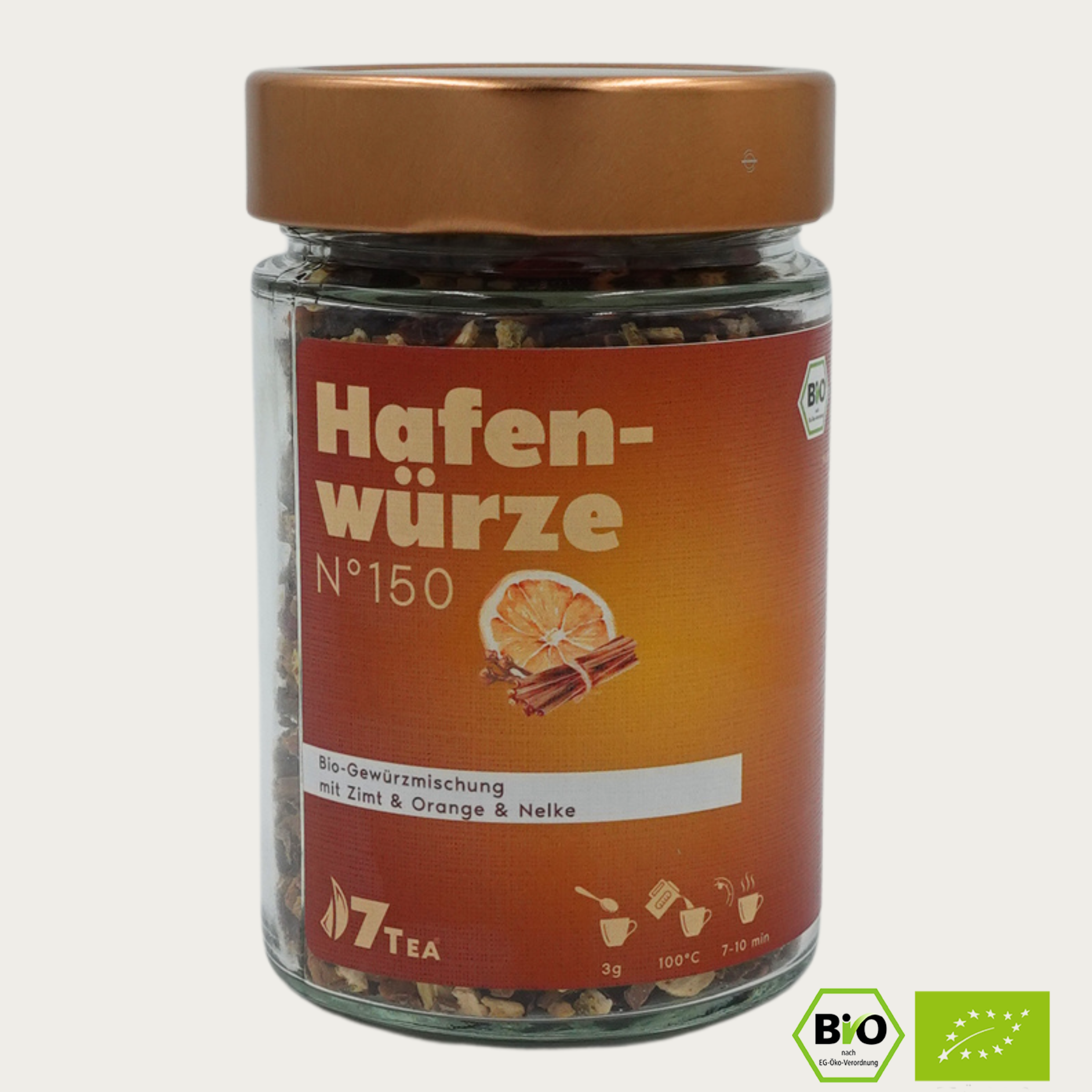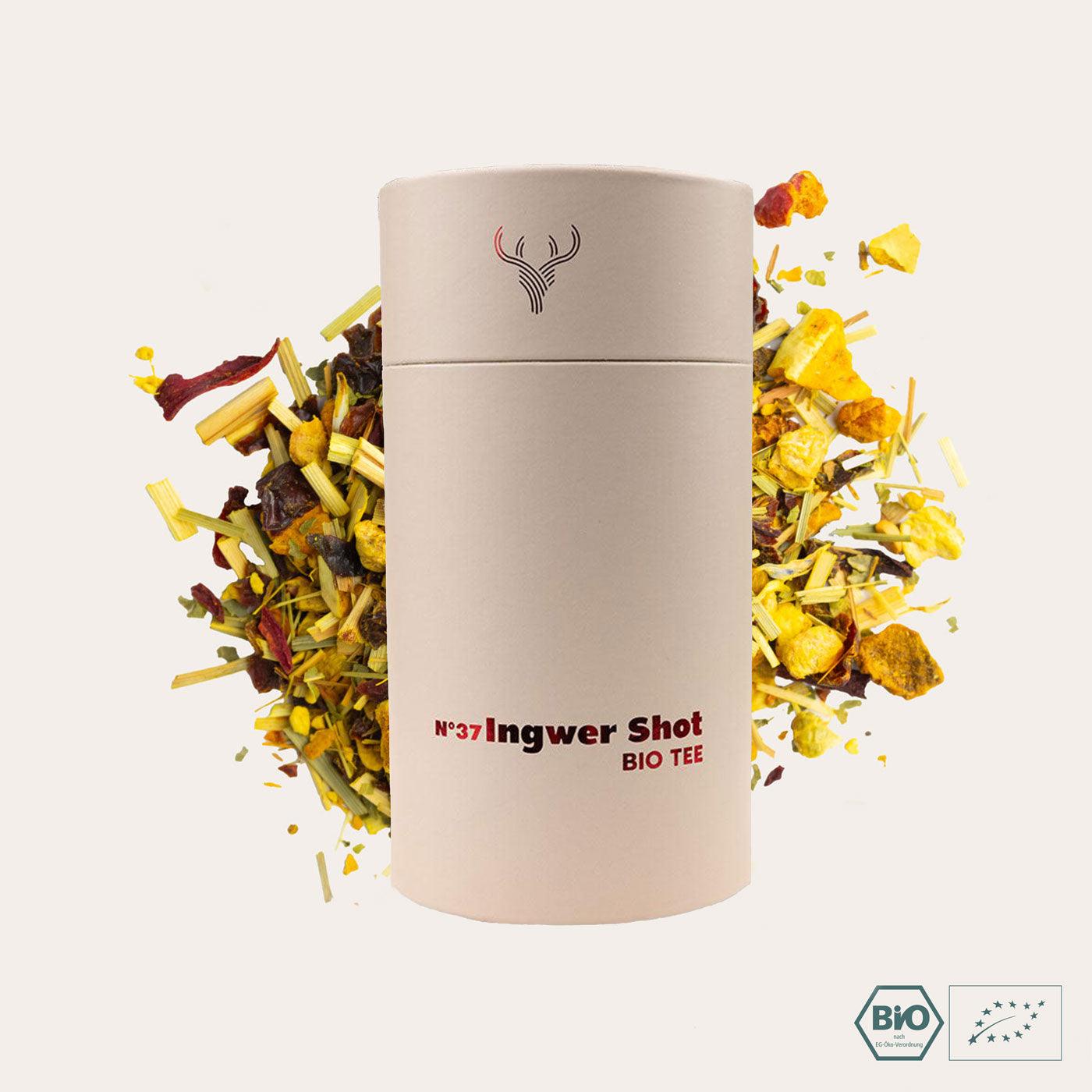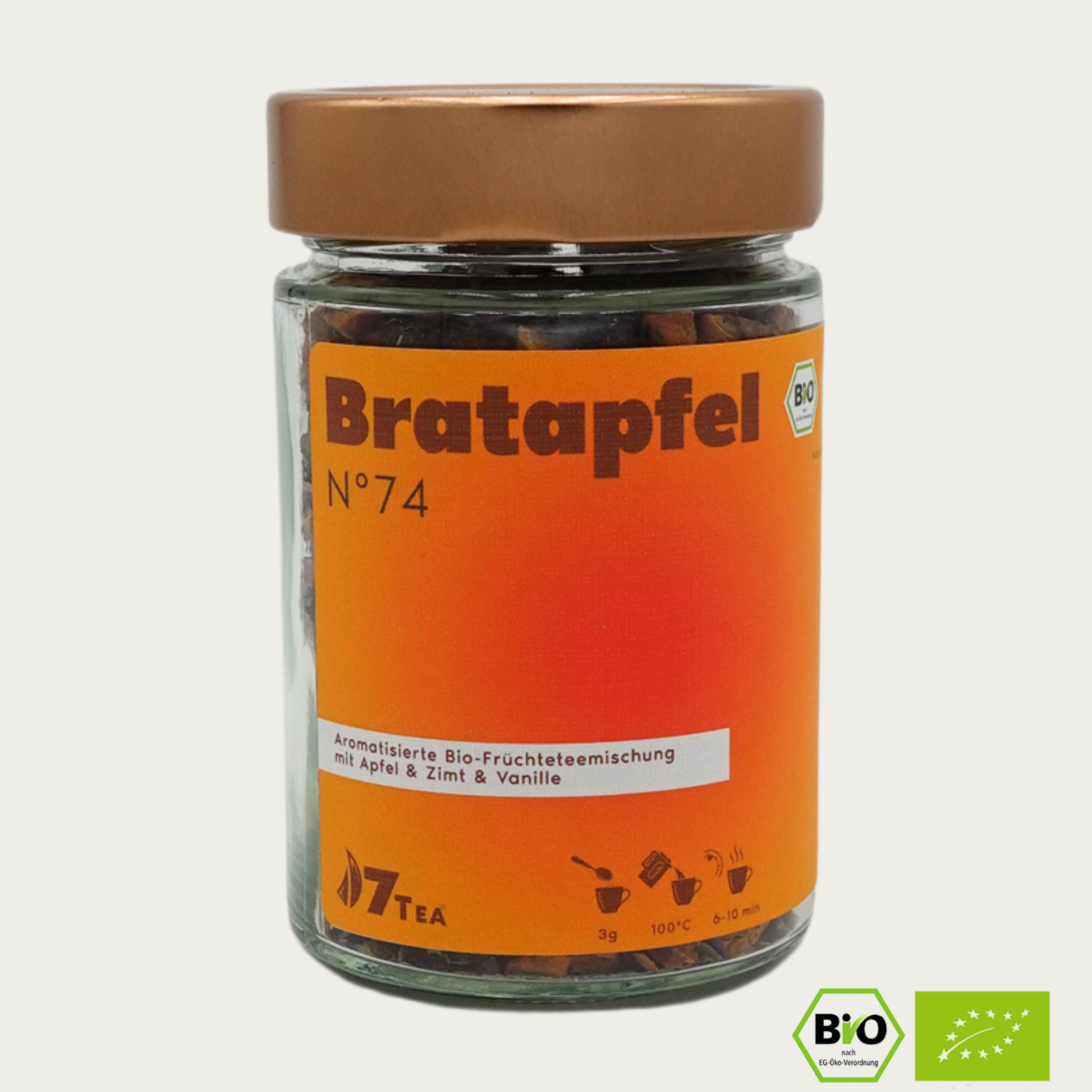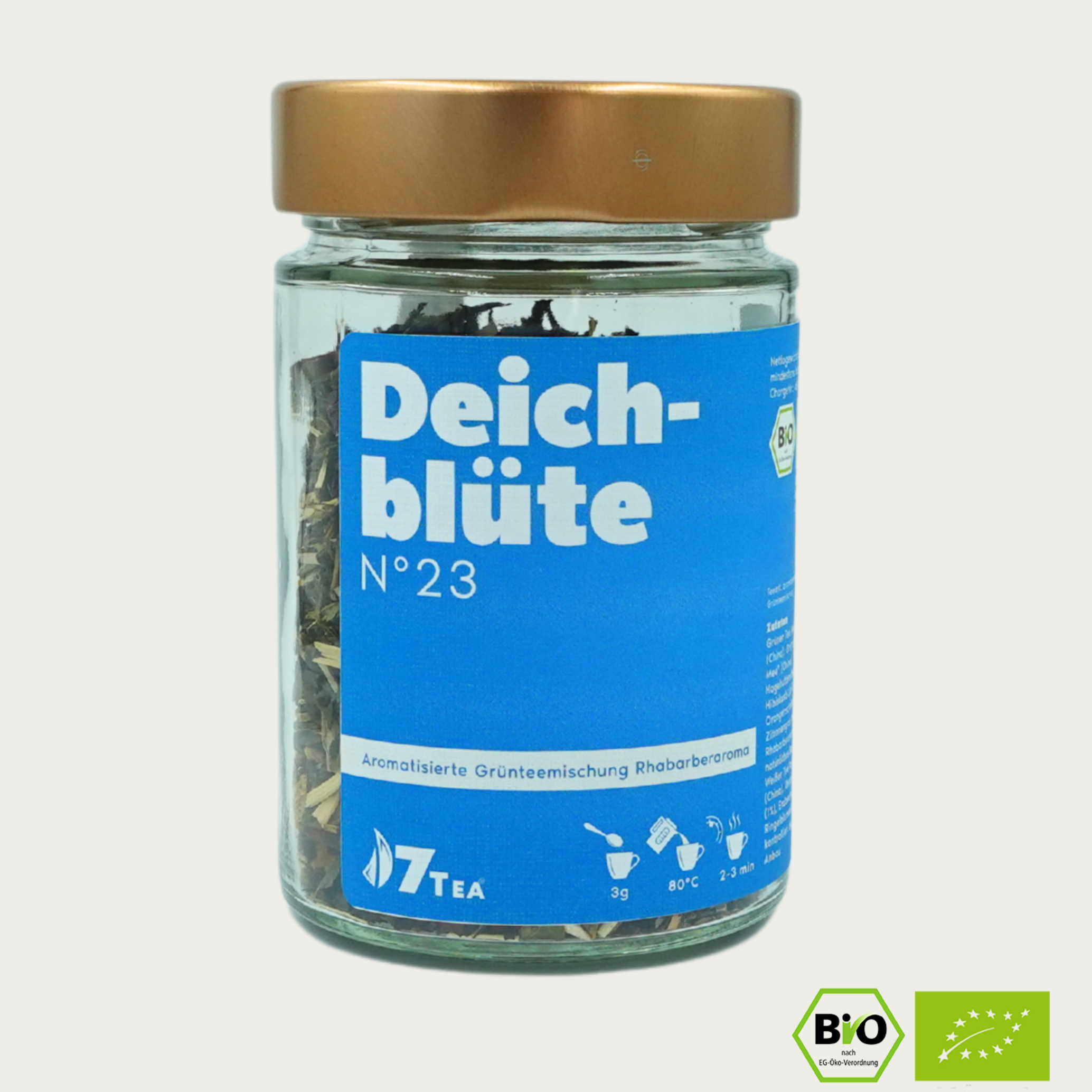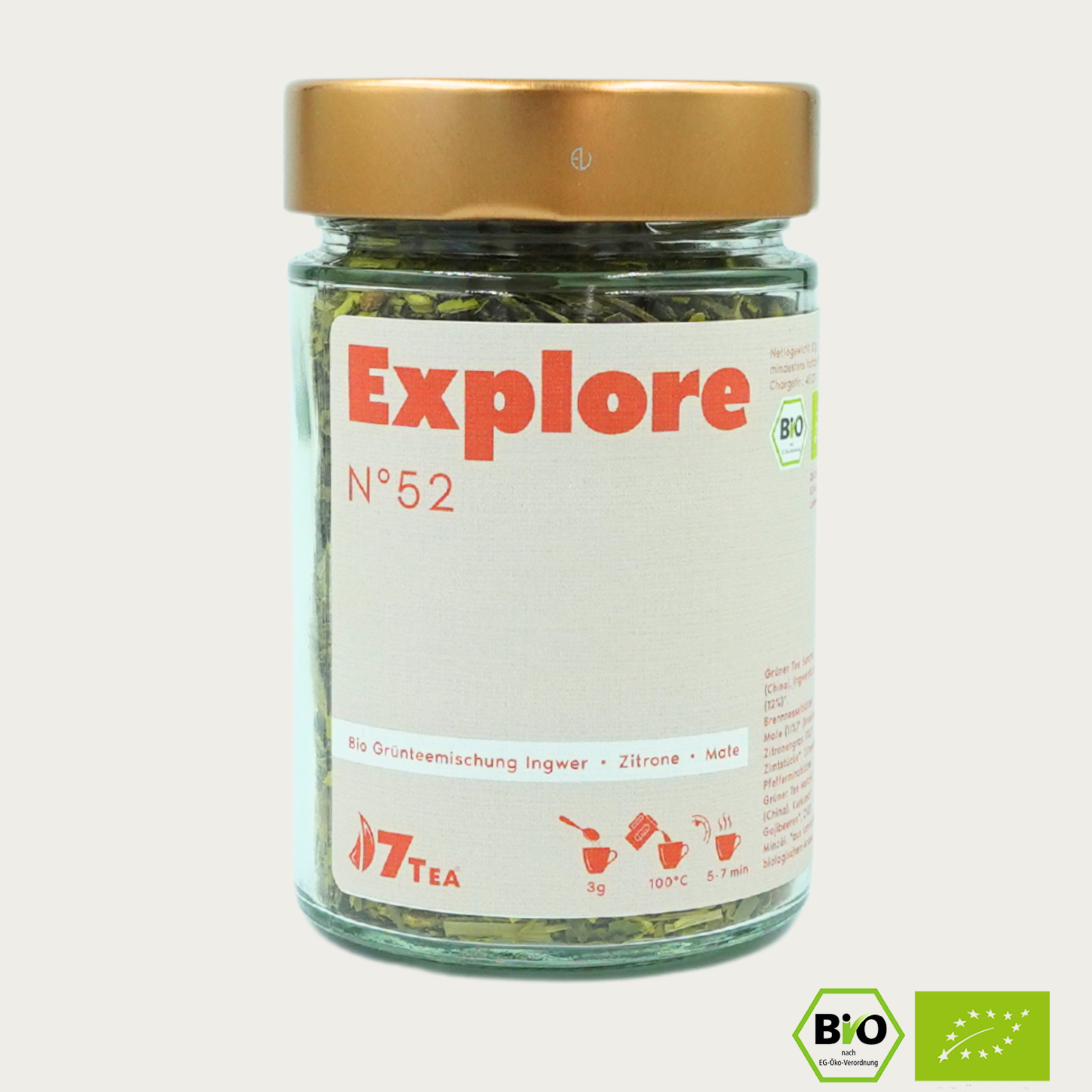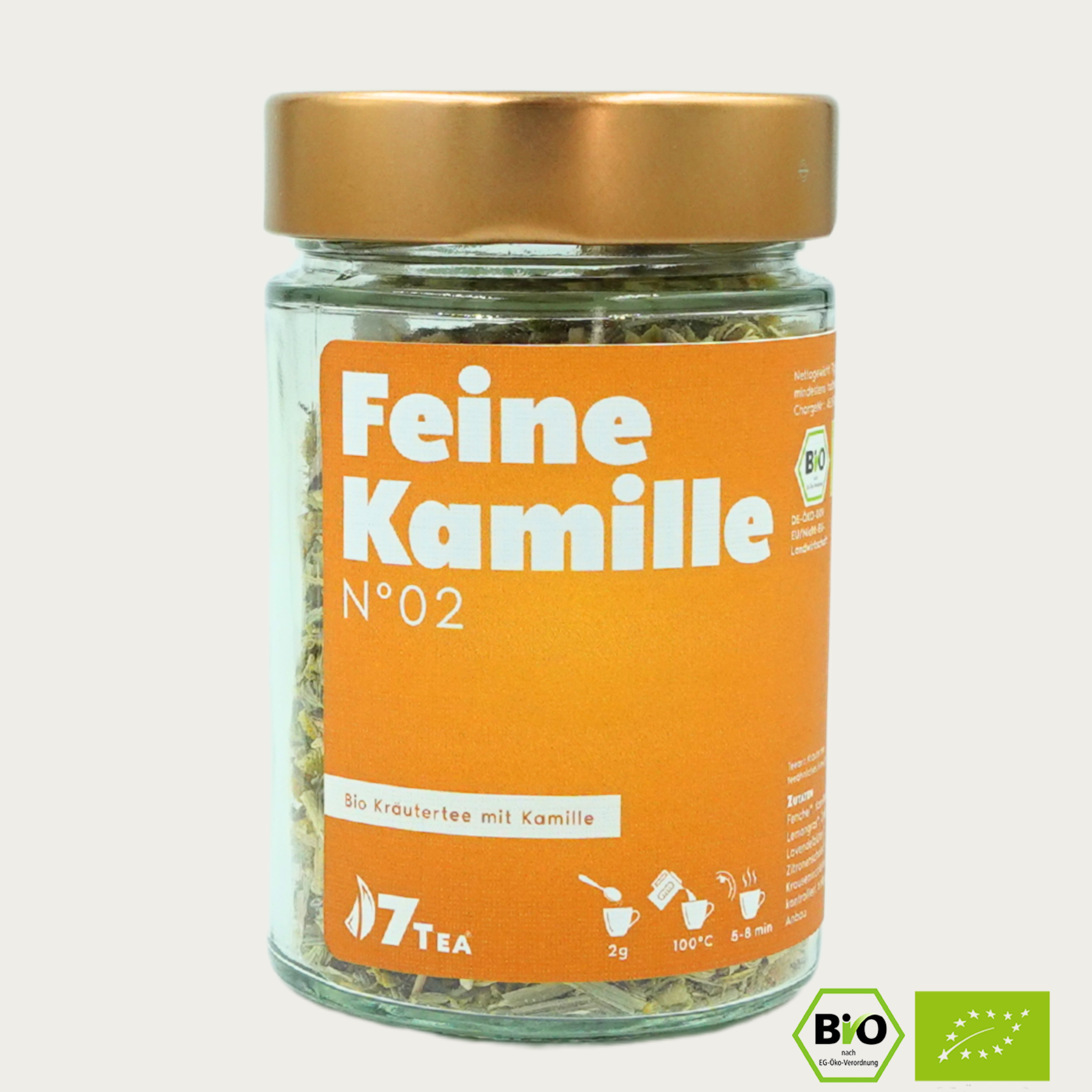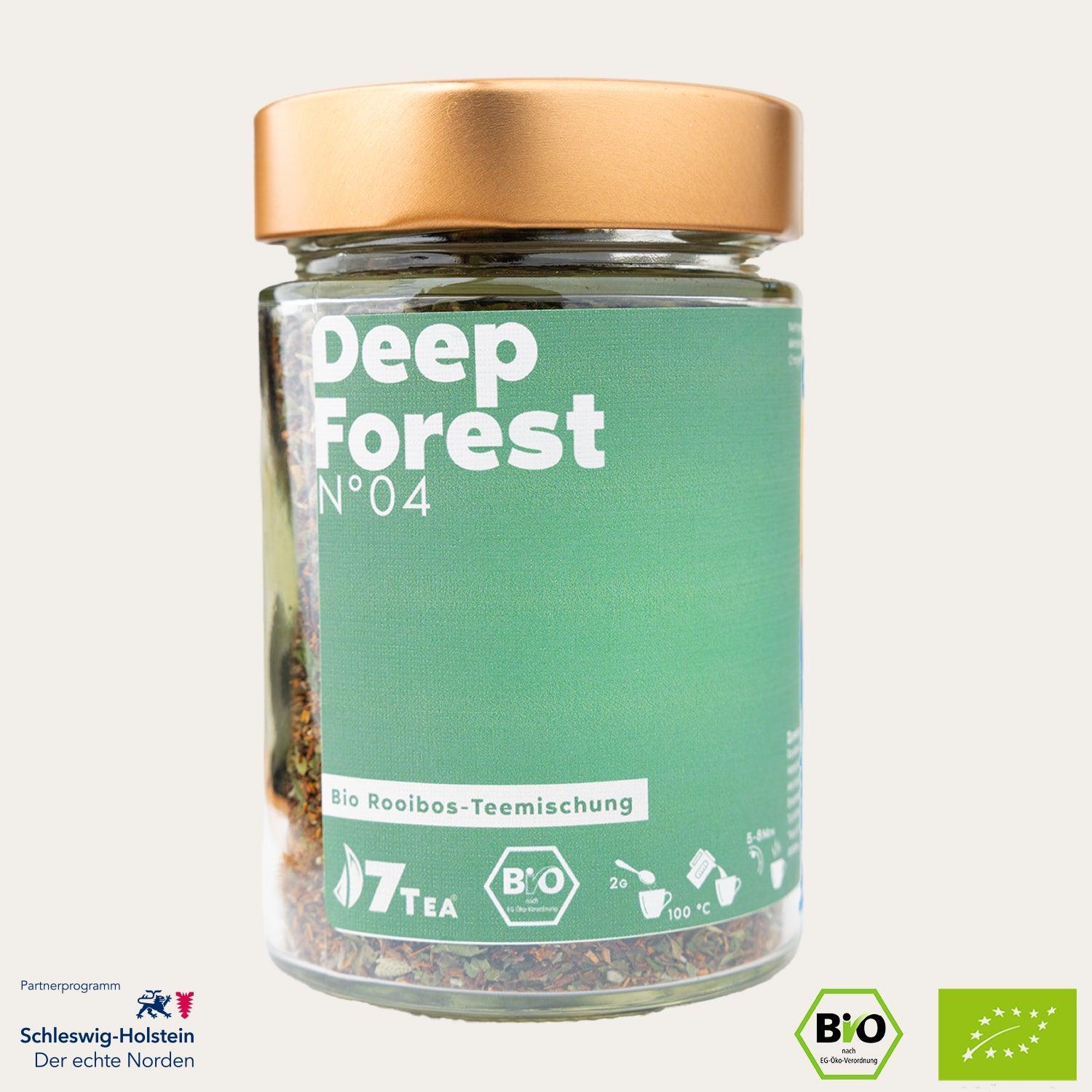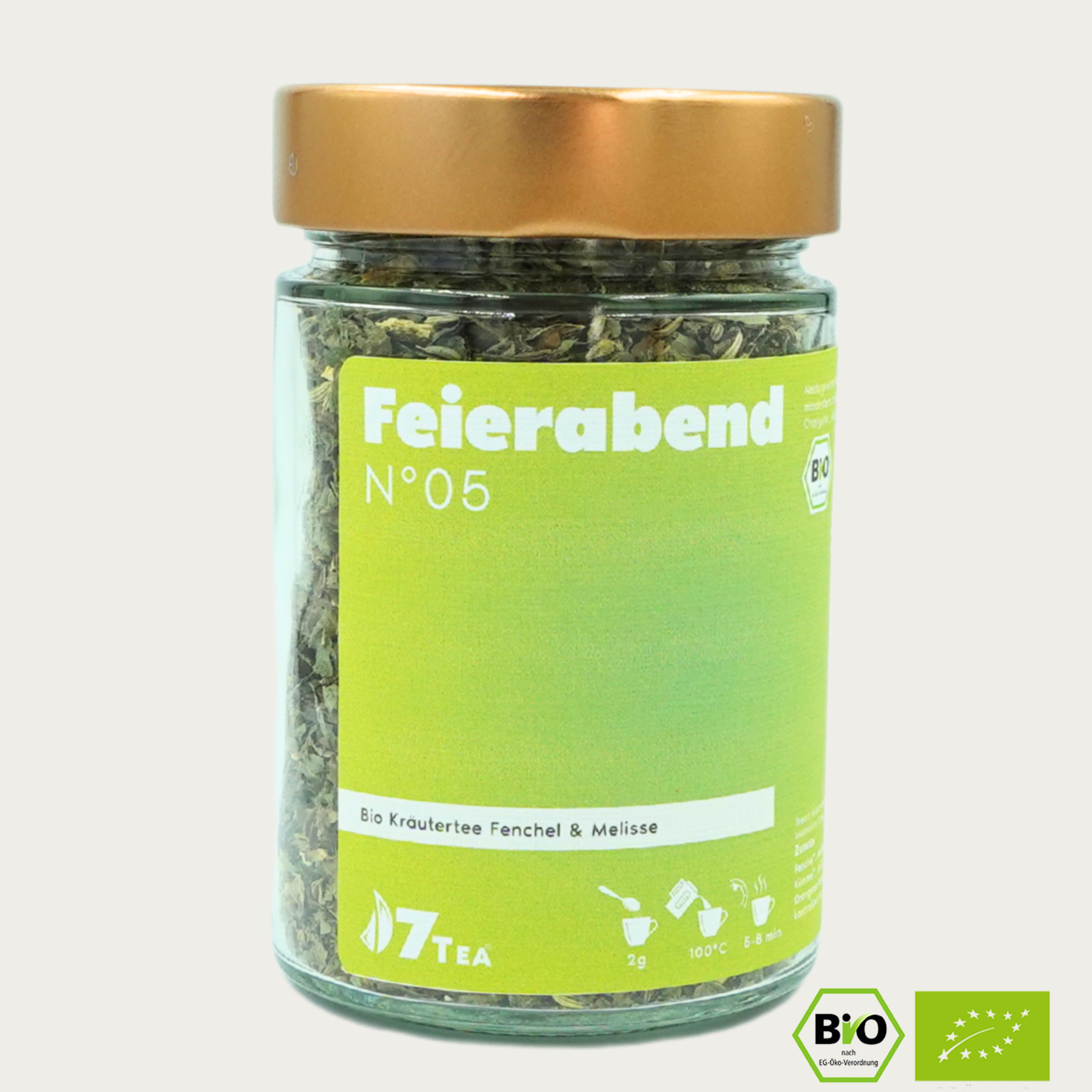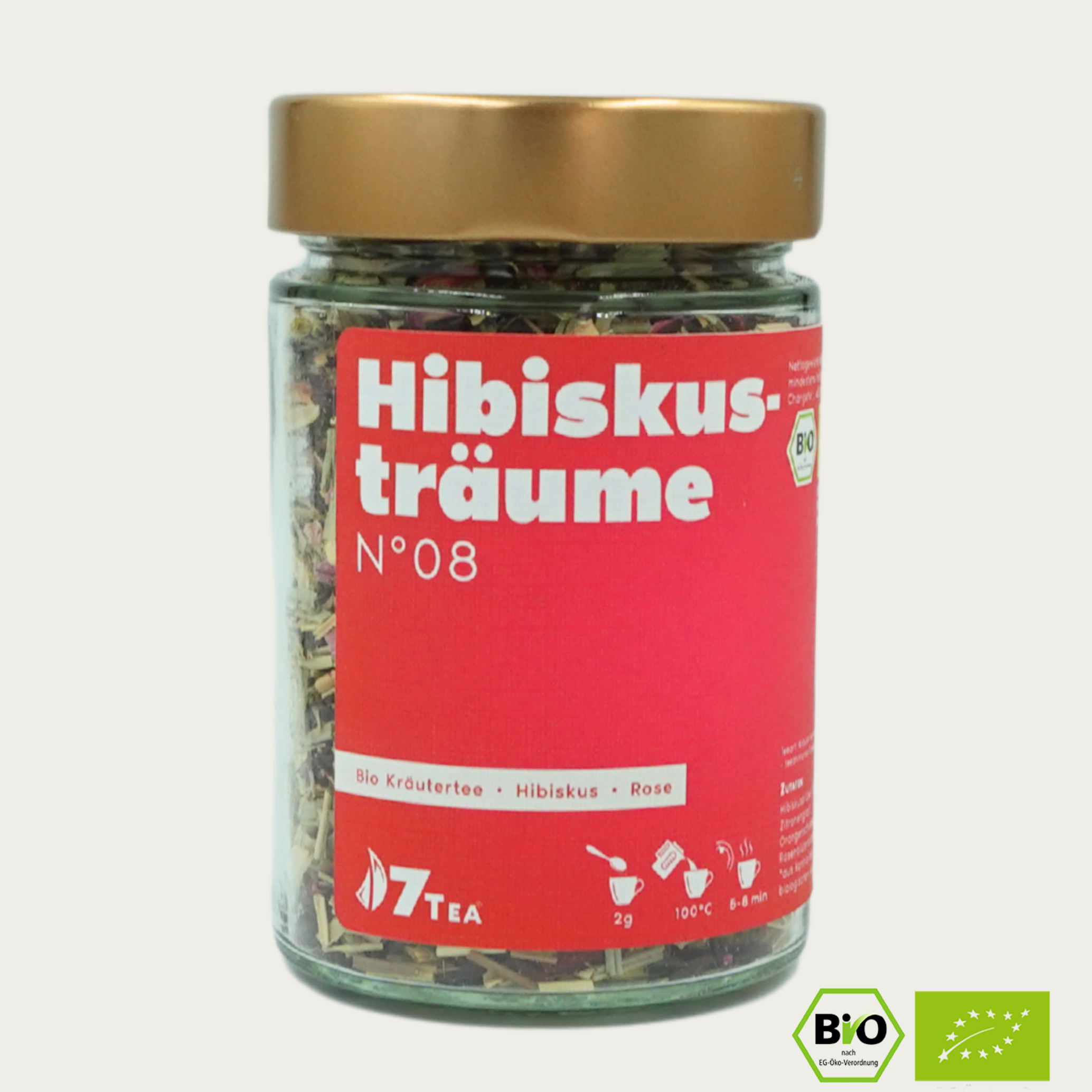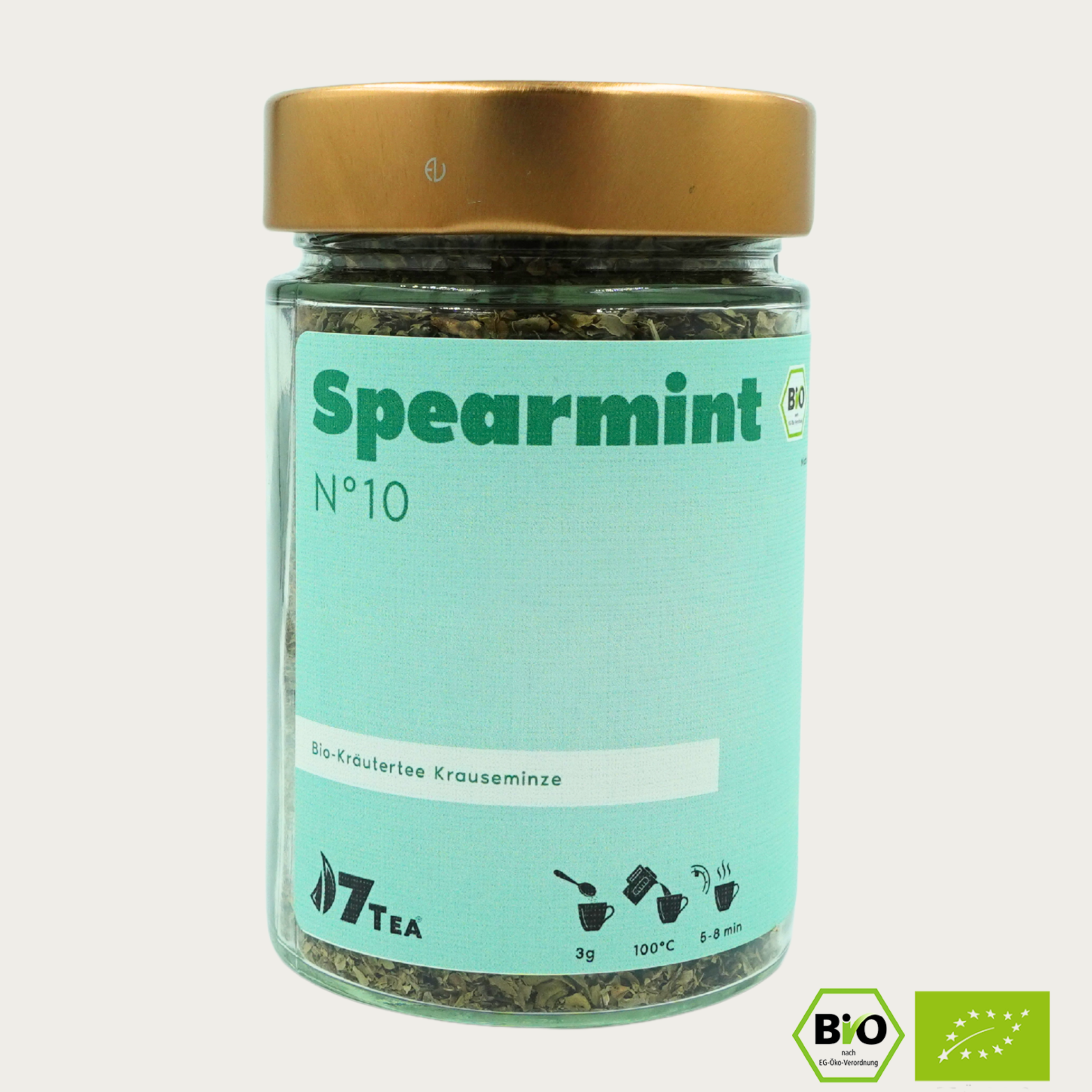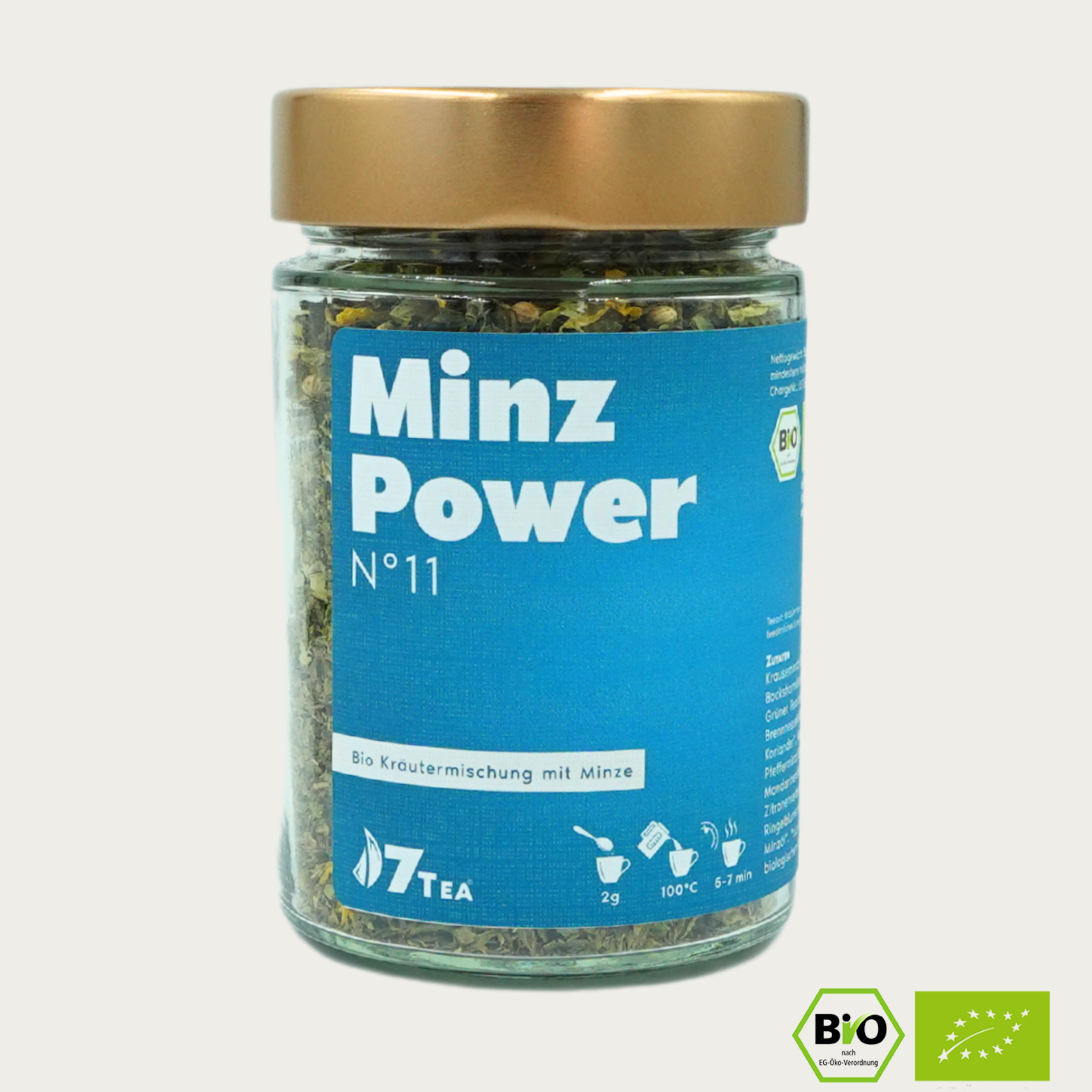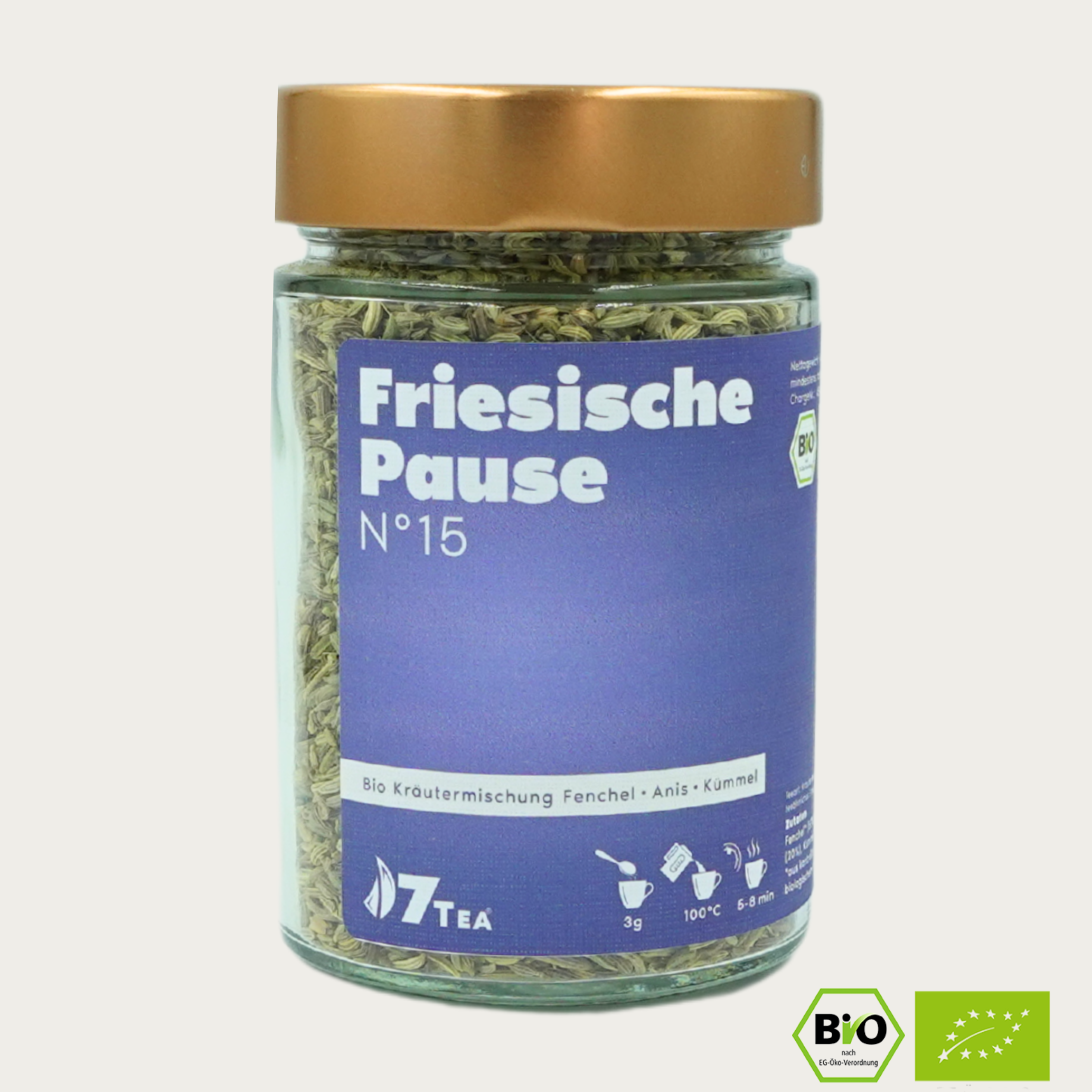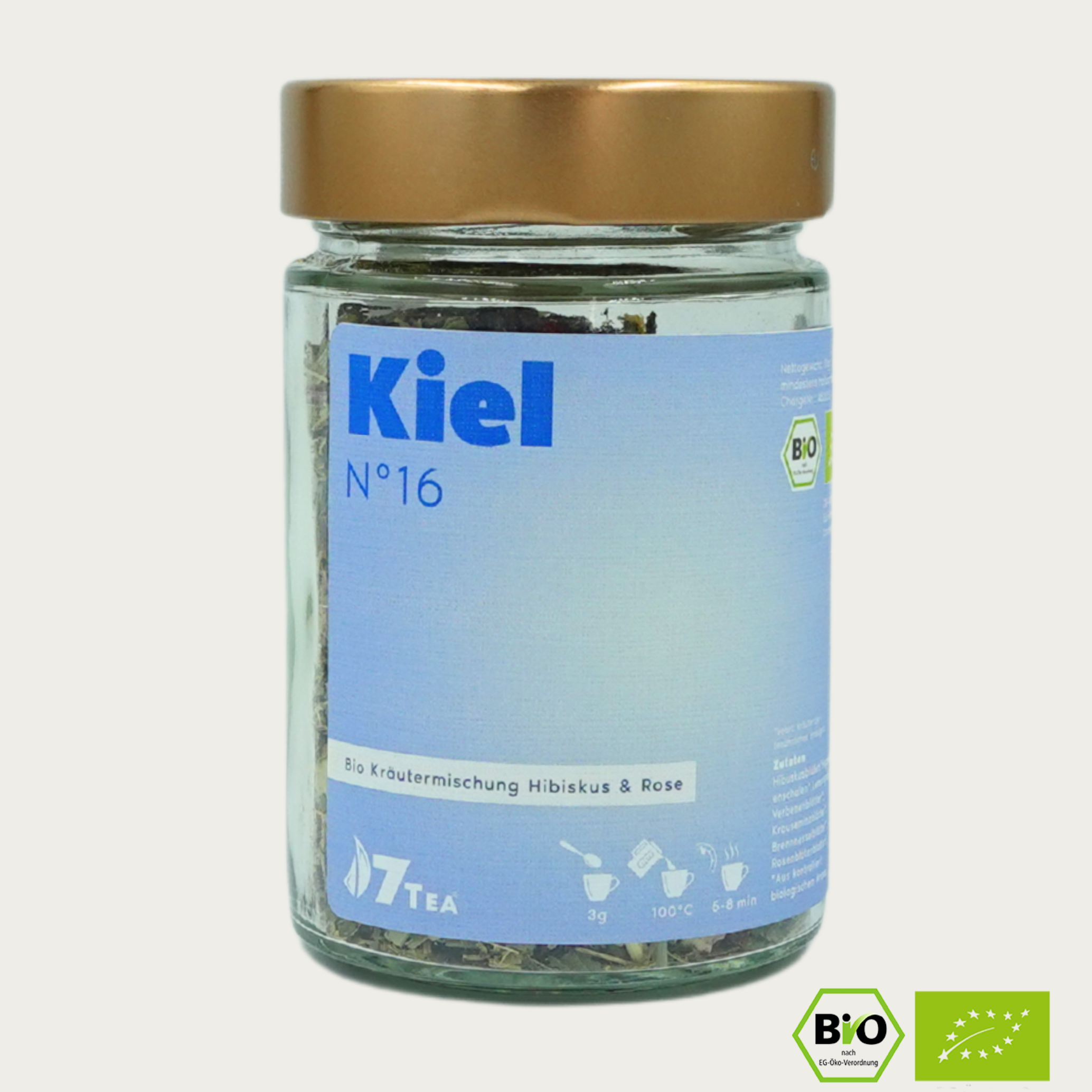The hidden price of tea bags: microplastics and their impact on health and the environment
Table of contents:
- Introduction
- The microplastic problem in tea bags
- Health concerns and environmental impacts
- Tea bags and their role in climate change
- Alternatives to plastic tea bags
- Practical tips for sustainable tea enjoyment
- Final Thoughts
Introduction
The cozy cup of tea, a symbol of relaxation and well-being, could contain more than just herbs and aromas. New studies show that tea bags, particularly those made from certain plastics, can release significant amounts of microplastics.
The microplastic problem in tea bags
A study from McGill University in Montreal found that tea bags made from plastics such as nylon and PET release billions of micro- and nanoplastic particles when brewed with hot water. The amount of plastic found in just one cup of tea is worryingly high and far exceeds levels measured in other foods.
Health concerns and environmental impacts
The effects of these microplastic particles on human health are not yet fully known, but animal experiments have shown inflammatory processes and influences on the hormonal system. In addition, microplastics have serious impacts on the environment, from polluting the oceans to killing marine animals
Tea bags and their role in climate change
Plastic is a major contributor to climate change through greenhouse gases produced during its production and the pollution it causes. The demand for plastic continues to grow, and tea bags are just a small part of a much larger problem
Alternatives to plastic tea bags
Not all tea bags contain microplastics. Many manufacturers offer plastic-free and degradable tea bags. Loose tea leaves, which are steeped in reusable tea strainers, are a plastic-free alternative and also reduce waste
Practical tips for sustainable tea enjoyment
To enjoy tea in a more environmentally friendly way, consumers should switch to loose tea and avoid tea bags, which could contain microplastics. Tea strainers and tea balls are good alternatives that are available in organic stores and sustainable online shops.
Final Thoughts
Becoming aware of the effects of microplastics in tea bags is an important step towards a more conscious and environmentally friendly lifestyle. By making simple changes to our habits, we can help protect our health and the environment.


